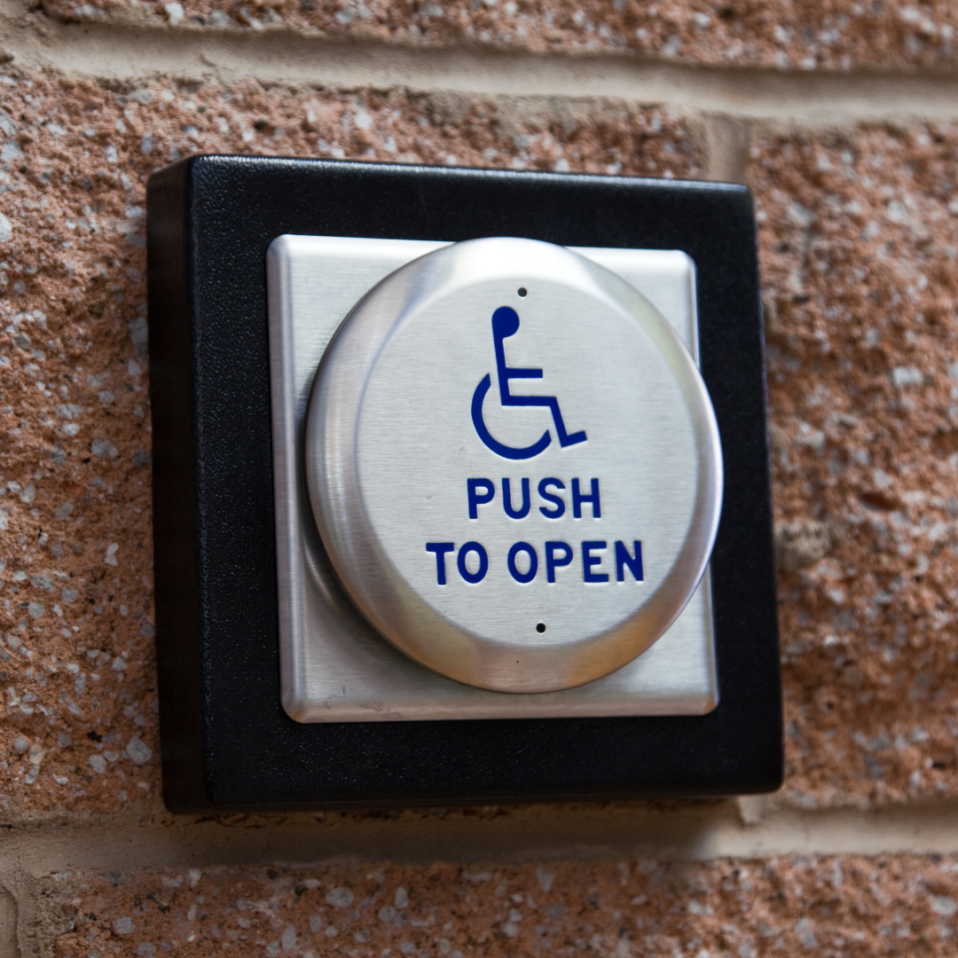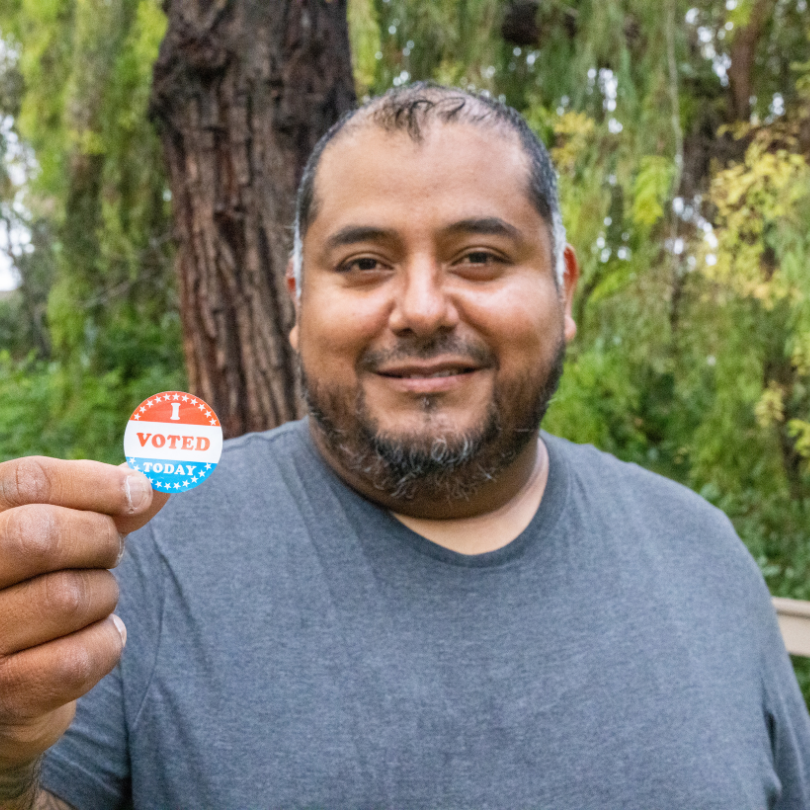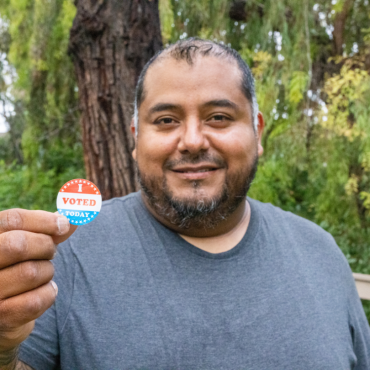
IDEA aims to ensure students with disabilities have the same educational opportunities as students without disabilities.
What is the IDEA?
Previously known as the Education for All Handicapped Children Act (EHA), the Individuals with Disabilities Education Act (IDEA) guarantees students with disabilities a free, appropriate public education.
Some of the main pillars of the IDEA are:
- Individualized Education Program (IEP)
- Least Restrictive Environment (LRE)
- Free Appropriate Public Education (FAPE)
- Appropriate evaluation
- Parent and teacher participation
- Procedural safeguards
How does IDEA impact the community?
At the time the IDEA was first enacted in 1975 as the EHA, more than 1 million children with disabilities had no access to the public school system and another 3.5 million were forced to attend segregated, ineffective schools. Today, thanks to the IDEA, children with disabilities have the right to attend school, to receive specialized instruction and individualized services and supports, and to be educated with their nondisabled peers as much as possible.
DRM’s Education Team works hard to ensure that students throughout Maryland can benefit from the rights given to them by the IDEA. For example, DRM:
- Represents students in the IEP process when fundamental educational rights are at stake
- Advocates against the use of restraint and seclusion
- Advocates for students with disabilities to be educated with their nondisabled peers in general education settings as much as possible
- Advocates for students with disabilities to have access to the general curriculum and to the opportunity to earn a high school diploma
- Represents students in disciplinary matters and advocates for an end to the school to prison pipeline
- Investigates abuse and neglect within the school setting to ensure that students with disabilities are safe and free from harm
- Represents students and advocates to ensure that students aging out of the school system make a smooth transition to college, career or community
Happy Birthday IDEA! DRM looks forward to continuing its advocacy work on behalf of Maryland’s 110,000+ students with disabilities.








